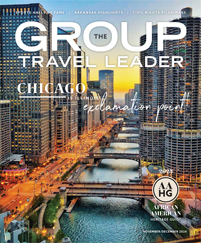See if you can guess the animal to complete each of these common phrases with our animal idioms group game.
Animal Idioms Fill-in-the-Blank
This game was put together by our circulation manager, Ashley Ricks. If you have any games you would like to share with our readers, please email them to ashley@grouptravelleader.com.










